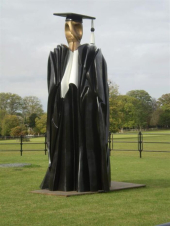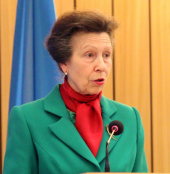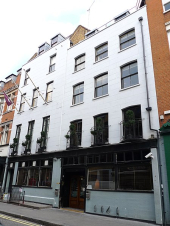
Hurricane Sandy has forced Barack Obama and Mitt Romney to cancel up to two days of campaigning in the last full week of one of the closest presidential contests in recent US history.
While putting a severe limit on campaigning, the storm gave Mr Obama the opportunity to demonstrate leadership in the face of crisis. On the other side, there was the risk that the federal government, as in past emergencies, could be faulted for an ineffective response.
He cancelled campaign events in the key battleground state of Florida to hurry back to Washington and oversee the federal response to Sandy.
Parts of four swing states were in the hurricane's path: Virginia, North Carolina, Ohio and New Hampshire. Those and five others - Florida, Iowa, Wisconsin, Nevada and Colorado - that do not reliably vote Democrat or Republican will decide the close election.
The storm threatened to draw attention from both candidates' campaigns and hinder early voting before the November 6 election. Voters in many states are already casting ballots early, and about one-third of the electorate will have voted before Election Day.
Both campaigns used social media to urge supporters to donate to the Red Cross and said they would stop sending fundraising emails to people living in areas in the storm's path.
The storm took attention from Mr Romney, and power cuts could end up halting the deluge of television ads and automatic phone calls in the eastern battleground states.
Mr Obama continues to have a slight lead in the most contested states. The US president is not chosen by the nationwide popular vote, but in state-by-state contests that allocate electoral votes. Each state gets one electoral vote for each of its seats in the House of Representatives, as determined by population, and two electoral votes for each of its two senators. That means there are 538 electoral votes, including three for Washington, D.C. The winning candidate must have 50%, plus one, or 270 votes.
Mr Obama is ahead in states and Washington, D.C., representing 237 electoral votes; Mr Romney has a comfortable lead in states with 191 electoral votes. While they are deadlocked in national polls, there were signs that the burst of momentum Mr Romney achieved after the first presidential debate had waned.
The campaigns continued to pump millions of dollars into TV ads in the decisive battleground states. Total campaign spending has exceeded 2 billion dollars, making this presidential race the most expensive in the history of electoral politics.
The Press Association, photo by United States Government Work






































